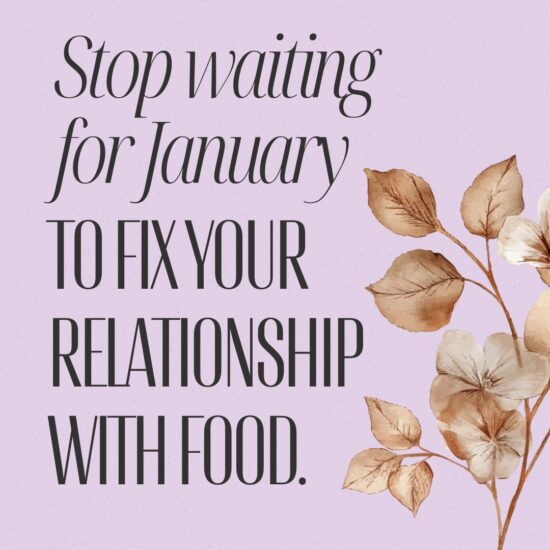Tired of waking up exhausted… and also elbow-deep in the cereal box at 11 p.m.? Yeah, it’s not just you. There’s a major, research-backed link between poor sleep and binge eating—and optimizing your sleep hygiene might be the quiet superpower you’ve been overlooking on your recovery journey.
We’re diving into how sleep messes with your hunger hormones, spikes cravings, and hijacks your emotional regulation—plus simple, science-backed strategies to reclaim your rest and reduce binge episodes.
Let’s get into it.
😴 The Sleep-Binge Eating Connection: What the Science Says
Here’s what goes down when you’re not sleeping well:
- Ghrelin, your hunger hormone, shoots up—so you feel ravenous.
- Leptin, your fullness hormone, plummets—so you don’t feel satisfied.
- Your stress response skyrockets, emotional regulation takes a nosedive, and suddenly the kitchen becomes a danger zone.
🧠 For example, one study in Appetite found sleep-deprived folks consumed significantly more snack calories. Another, in the Journal of Clinical Sleep Medicine, linked poor sleep to increased emotional and binge eating. And there is lots more research…
Translation? You’re not imagining it. Sleep deprivation actually changes your brain’s chemistry—and not in your favor.
🌙 8 Sleep Hygiene Strategies That Actually Help
Before you roll your eyes at another “get more sleep” article, let’s talk realistic, habit-based shifts that support recovery—not perfection.
1. Embrace the Darkness
Melatonin loves the dark. Your bedroom should be a light-free zone:
- Use blackout curtains.
- Ditch the screens an hour before bed.
- If you must scroll, grab blue light glasses or switch your phone to “night mode.”
2. Catch That Morning Sun
Early light = circadian rhythm gold. Spend 10–30 minutes outside or by a bright window within an hour of waking. It boosts cortisol (in a good way), stabilizes energy, and primes you for melatonin production later.
3. Stick to a Sleep Schedule
Going to bed and waking up at the same time daily—even on weekends—locks in your internal clock. Your body loves rhythm. (So does your metabolism.)
4. Ditch the Sleep Saboteurs
These sneak in and wreck your rest:
- Caffeine after 2 p.m.? Nope.
- Alcohol or nicotine? Sleep disruptors in disguise.
- Trigger foods (like sugar bombs or inflammatory snacks)? They mess with digestion and your nervous system at night.
5. Reclaim the Bed as Sacred
Beds are for sleep and sex. That’s it. Working, scrolling, or eating in bed confuses your brain—and not in a fun way. Reinforce the bed-to-sleep connection.
6. Cool It Down
Your body sleeps best at 60–67°F (15–19°C). Turn the thermostat down or use a fan. Cozy blankets, cool air, peaceful dreams.
7. Create a Wind-Down Ritual
Signal your body it’s time to chill:
- Light stretching, gentle yoga.
- Reading something non-stimulating (paper > screen).
- Breathwork like the physiological sigh or 4-7-8 breathing.
- Somatic tip: Try body tapping or a warm foot soak to ground your nervous system.
8. Avoid Overstimulating Evenings
No intense workouts, drama-heavy convos, or doomscrolling before bed. Your brain needs a soft landing, not a cliff dive.
🍽️ How Better Sleep Reduces Binge Urges
With consistent, high-quality sleep, here’s what starts to shift:
✅ Hunger and satiety cues normalize.
✅ Cravings for sugar and processed foods drop.
✅ You’re less emotionally reactive—more able to ride out urges.
✅ Your energy stabilizes, making regular meals feel more doable.
✅ That late-night snack pull? Way less intense.
In other words, better sleep = a more resilient, less impulsive you.
✨ Self-Check: Reflect and Adjust
Use these reflection prompts to track your progress:
- How did I sleep last night?
- How strong were my cravings today?
- Did I feel emotionally steady or more on edge?
- Did my hunger feel biological or chaotic?
Notice patterns. Adjust gently. Celebrate small wins.
💬 Sleep Is a Recovery Tool, Not a Luxury
Improving sleep hygiene isn’t a quick fix—but it is a foundational tool in your food freedom toolkit. And unlike willpower or calorie counting, it works with your body, not against it.
So give yourself permission to rest. Not just because you’re tired, but because you’re healing—and that deserves a calm, well-rested brain.
Your recovery is worth the bedtime routine. Sweet dreams, warrior.




